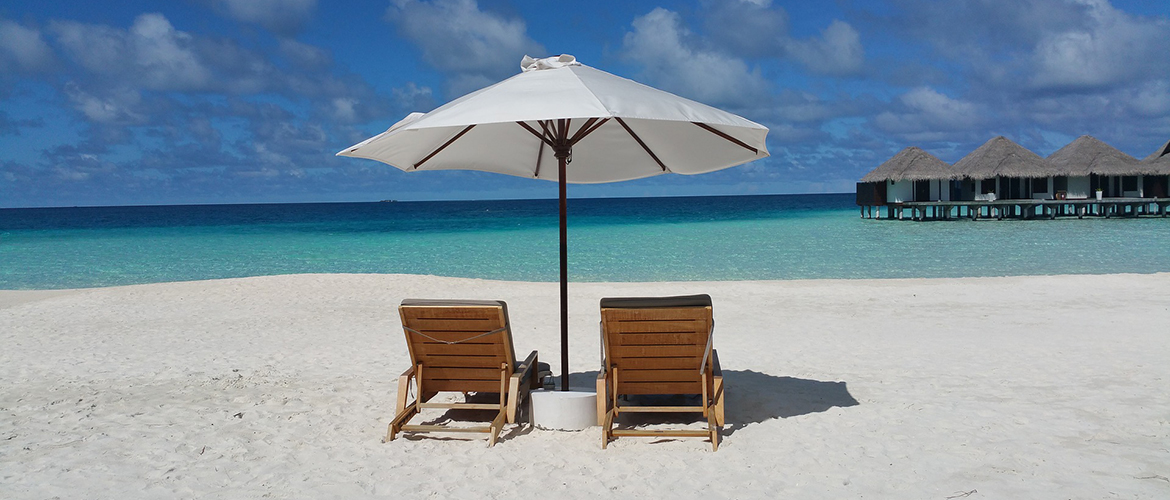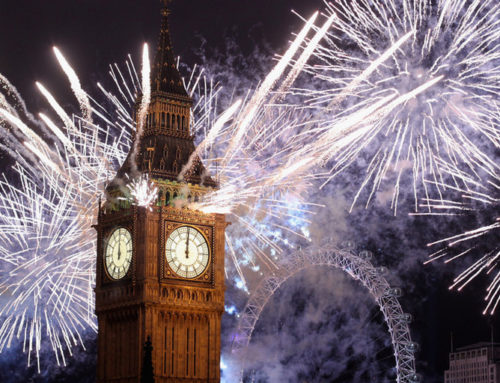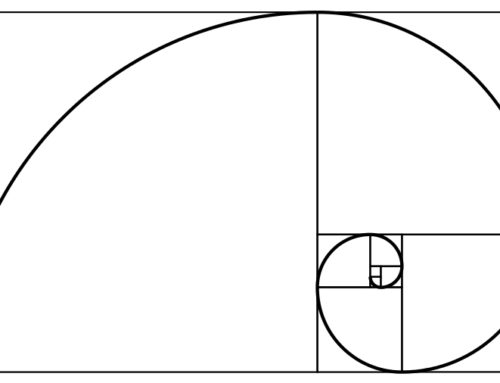“How were your holidays?” Is a common question, when encountering someone in Britain during August and September. It might surprise you to know that ‘hols’ or holidays, more correctly, is a derivation of the Old English word haligdoeg (halig holy and daeg day). These original free days were inspired by religious institutions such as the Jewish-Passover and Yom Kippur, Christian-Christmas and Easter and Islamic-Ramadan and Eid, in order to allow their believers to observe the special rituals and commemorations of these days.
The ideas of secular free days such as Labor Day and Independence Days or Foundation Days have been endorsed by various governments to commemorate special anniversaries for their citizenry. But now, the average number of free days given to workers is increasingly approaching 6 weeks per year. The French call it La Grande Vacance and effectively the entire month of August is dedicated to holidays. The debate continues as to the economic and psychological effect that vacations have on GDP and individual productivity. The Financial Times of London questioned in an article this August, “Perhaps Europeans’ lavish holiday allowance is yet another reason why the region is falling behind in the global competitiveness stakes?” The discussion of how much time is correct, has lead to a study, by Expedia, the travel company, called “Vacation Deprivation.” Most studies and polls come to the conclusion that the quality of the holiday is more important than the length of time away from work.
The media is filled with “Last Minute” offers and holiday packages for those who find an extra couple of weeks and financial ability to jet off to some island or recreational opportunity. But un-planned junkets may be the worst holiday in terms of rest and satisfaction. What has been confirmed in several studies is that planned vacations are not just better because of more controlled budgets and itineraries, which are other advantages. But planned vacations have the distinct ability to be more satisfying and produce more happiness. It is the anticipation and thought process which will normally include research and discussion of best venues and values, which prolongs and enriches the holiday experience. Despite the occasional disappointment with weather or services, planning and anticipation will almost always increase the happiness on holiday. A new and family agreed goal or experience, as the purpose of a vacation, is also demonstrated to be significant to holiday success.
The Hollywood movie Vacation and its unfortunate 2015 remake have humourously depicted the various dysfunctional behaviours which have become synonymous with family holidays. We at Whitespace have been offering significant families a recreational retreat to examine family values including philanthropic goals, legacy planning and improved communication, while including fun and leisure. The Family Dynamic is always improved when common concerns are examined and common plans are formed. Despite the best laid plans, parents and guardians can seldom foment the positive feelings and happiness from all family members, as can professionals who are trained in stimulating family unity.
Other studies have shown that sharing holiday experiences after returning, through photos and social media also increases and extends the satisfaction of the holiday. While good advice can be found as to what to pack and how to budget vacations, as well as what electronic devices and even beaches and hotels with Free WiFi, the actual satisfaction and restfulness of holidays remains the subject of academic studies rather than travel magazines.
In summary Whitespace suggests three important elements to successful, stimulating and memorable holidays.
First, plan and discuss with the entire family, seek consensus and purpose and most importantly, after deciding…ANTICIPATE.
Second, enjoy a new experience; allow the holiday to improve you and your family in important and lasting ways.
Third, remember the experience, show the photographs and discuss the changes to extend the holiday into a transformational event.
We agree with the American writer, Henry Miller, who said, “One’s destination is never a place but rather a new way of looking at things.”
Whitespace wishes you happy and memorable holidays!!!





